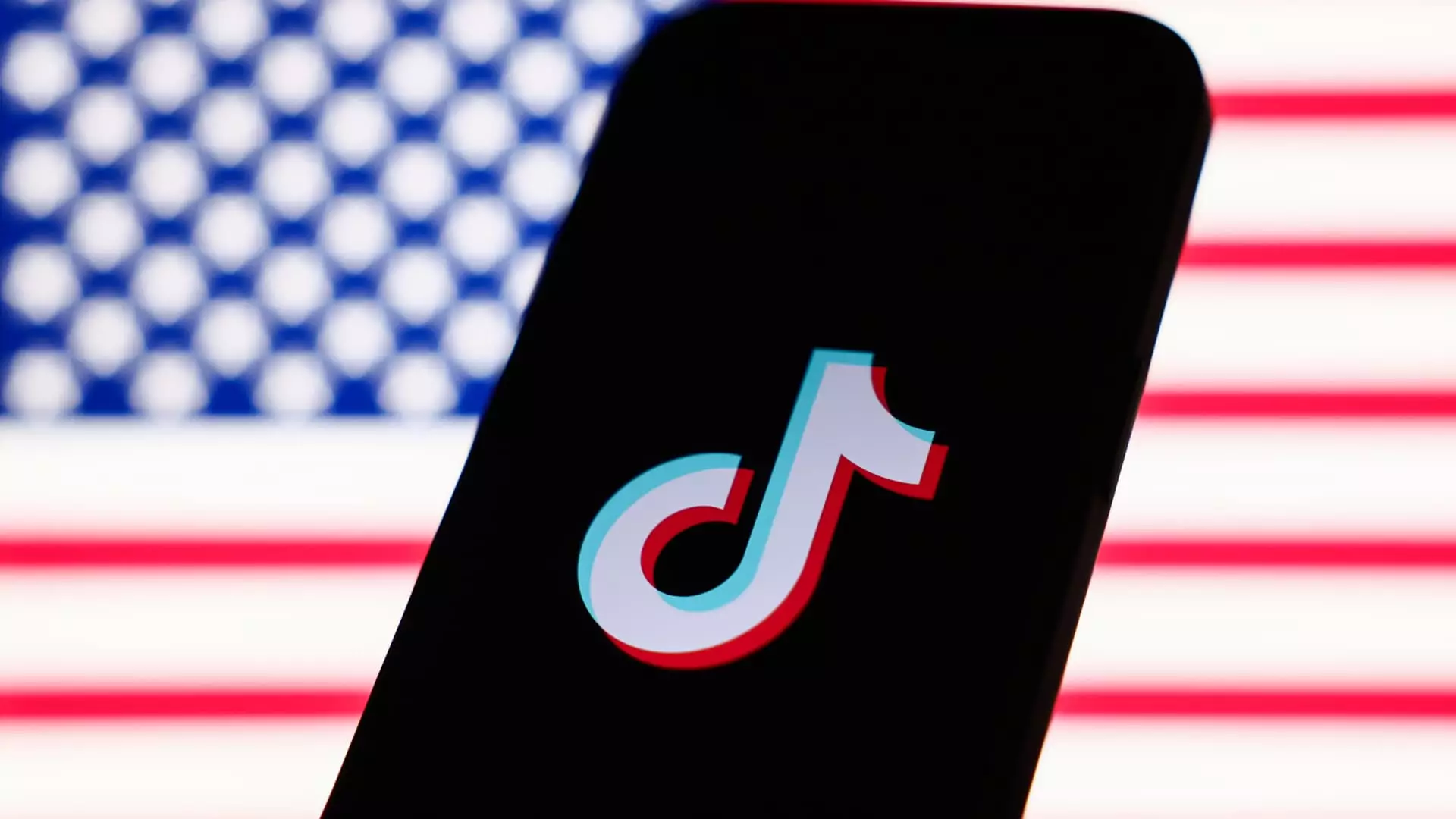TikTok, the wildly popular social media platform, stands at a critical crossroads in its existence within the United States. As the platform faces potential drastic measures, including a possible sale of its U.S. operations, the looming specter of national security concerns weighs heavily on both the app and its parent company, ByteDance. For high-profile figures like Elon Musk, who may be in the running to acquire these assets, the stakes are fiercely high—not only financially but also in terms of regulatory implications.
The growing tensions between the U.S. and China have led to increasing scrutiny of foreign-owned technology platforms, with TikTok at the epicenter. The app’s parent company, ByteDance, could potentially sell its U.S. unit if the Supreme Court upholds legislation that would penalize companies for hosting the app post-deadline. The ramifications of this law could lead to an official ban on TikTok, indefinitely altering the user experience for its estimated 115 million American users. The fact that these concerns arise from allegations regarding data security and espionage only complicates matters further, raising questions about whether TikTok’s valuable features can be disentangled from its controversial origins.
Financial analysts have been grappling with the daunting task of evaluating TikTok’s U.S. operations amidst this turmoil. Estimates suggest that any sale could fetch between $30 billion and $50 billion, a significant decrease from previous valuations that soared above $60 billion earlier this year. According to Angelo Zino from CFRA Research, his current valuation takes into account user numbers and revenue but notably excludes TikTok’s proprietary recommendation algorithms—an asset that a U.S. buyer would not acquire. This exclusion is crucial because these algorithms are central to the U.S. government’s claims that TikTok might pose a national security threat due to their alleged links to Chinese government interests.
The decline in TikTok’s valuation reflects not just market sentiment but also the challenges of navigating a geopolitical landscape marked by intense scrutiny on foreign investments. Analysts note that the market’s perception of TikTok’s potential growth has been dampened, complicating the calculus for any would-be acquirer.
Finding a legitimate buyer for TikTok’s U.S. operations is fraught with challenges. Not just any corporation can step up; it requires a company with both the financial muscle and the capability to manage the regulatory upheaval associated with acquiring a high-profile app like TikTok. Entities like Frank McCourt’s consortium and Kevin O’Leary’s O’Leary Ventures have indicated interest, though their goals differ significantly from those of potential rivals like Musk. O’Leary has explicitly mentioned a willingness to bid up to $20 billion but has looked to dodge the regulatory complications Musk would likely face.
The intricacies of this acquisition landscape highlight how political maneuvers overlap with business strategies, potentially reshaping the social media ecosystem and influencing user experiences across digital platforms.
As potential bidders await ByteDance’s next move, the future of TikTok’s American unit hangs in the balance. Will ByteDance decide to offload its U.S. operations, or will it choose to retain control amid rising pressures? If a sale occurs, what kind of future awaits TikTok under new ownership, particularly in terms of user data management and advertising revenue potential?
The answers to these questions could ultimately shift the social media landscape, not only affecting users’ day-to-day interactions but also determining the level of trust that Americans place in foreign-owned technology platforms. Regardless of the outcome, the road ahead is undeniably complex, laden with regulatory scrutiny and public concern about data privacy. The fate of TikTok may ultimately serve as a litmus test for other foreign-owned tech platforms operating in the U.S. market, making the ongoing developments closely watched by all stakeholders involved.
As the situation unfolds, it is clear that TikTok’s journey in the U.S. remains precarious, teetering between remarkable opportunity and existential risk.

